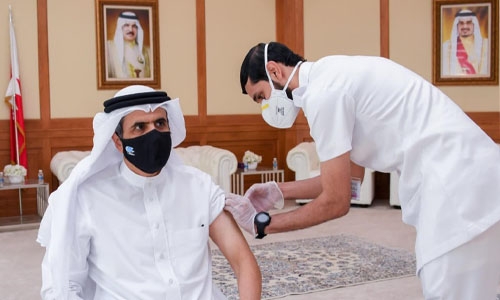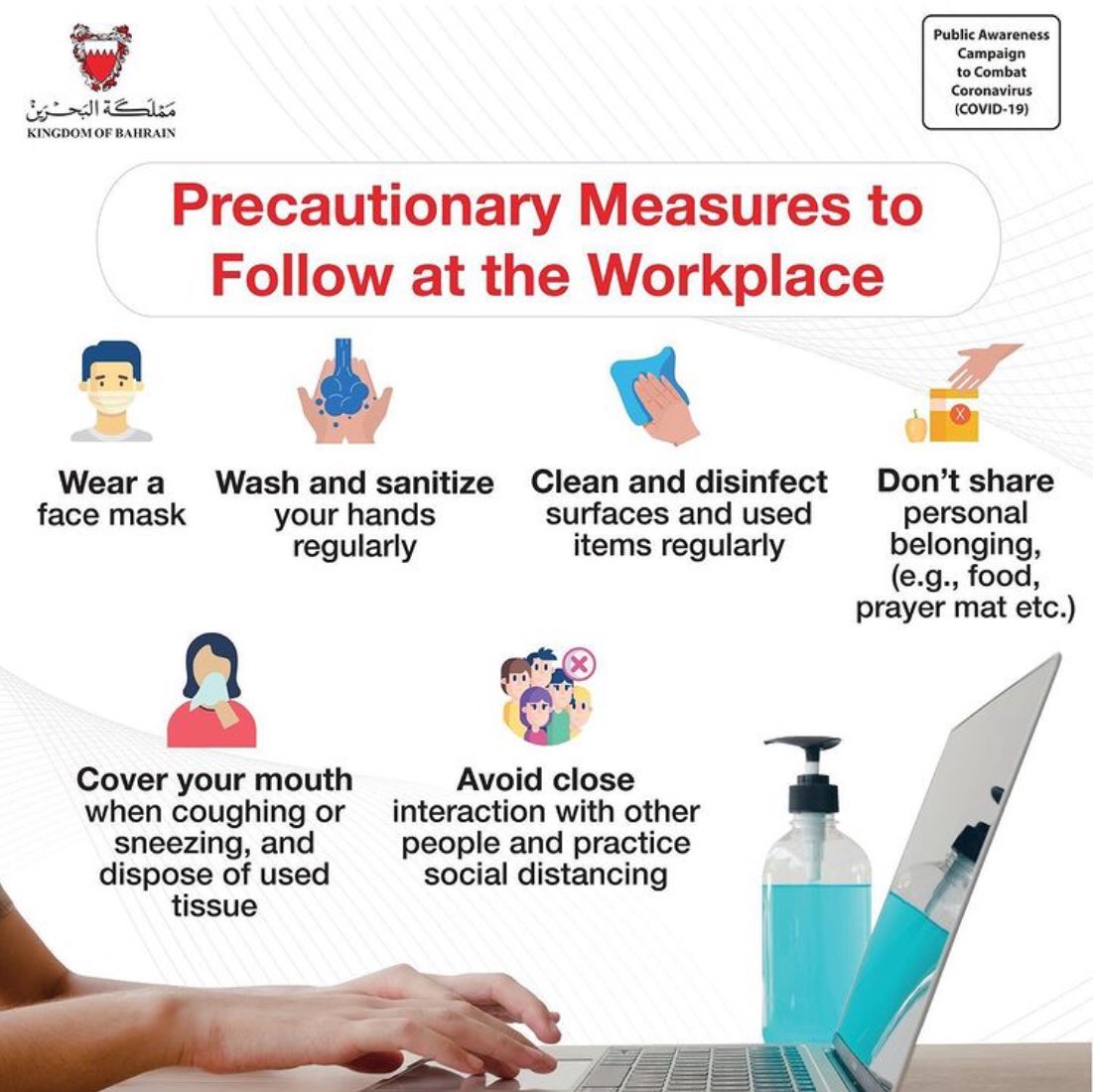Next ‘best things’ to do after getting vaccinated: Bahrain
TDT | Manama
The Daily Tribune – www.newsofbahrain.com
Mass vaccination efforts in the Kingdom of Bahrain against the coronavirus (COVID-19) have shifted to high gear amidst the rising number of new cases since last month.
Health authorities have authorised the emergency use of five vaccines, namely Pfizer/ BioNTech, Sinopharm, AstraZeneca’s Covishield, Sputnik V and most recently the one-shot Johnson & Johnson.
Vaccination is implemented consistently for the safety of all as Bahrain aims to innoculate a total of 1.5 million residents, around 679,000 of them are expatriates and 712,000 Bahrainis.
It aims at vaccinating 5,000 people per day, to be maximised to 10,000.
Health experts, however, have warned that it’s not going to be a light switch back to normalcy even if vaccines are already available to the public.
In fact, they recommend people to still wear masks or cloth face covering and practise social distancing, among other important precautionary measures, even after getting the vaccine.
They recommend people not abandon all public health measures just because they have been vaccinated.
The other fundamental precautionary measures also include: avoiding large crowds, doing more outdoor activities and washing hands frequently.
Properly wearing a mask can help keep everybody safe while navigating the pandemic.
While one should continue to wash hands, cover coughs and sneezes, avoid touching face and follow social distancing rules, wearing a mask is an essential step to stay safe.
The most common way COVID-19 spread is through person-to-person contact.
When an infected person coughs, sneezes, or talks, they produce respiratory droplets that can travel about six feet and can land in the mouths or noses of those nearby.
COVID-19 can also be spread by people who don’t know they have the virus since they aren’t experiencing any symptoms.
Because of this, health professionals recommend wearing masks or cloth face coverings to help slow the spread of the virus.
In these circumstances, a mask can add an extra layer of protection.
While wearing a mask may not keep one from getting COVID-19, it can help lower the odds.
If a person is sick, a mask can help prevent germs from infecting others.
If one is healthy, a mask can help keep respiratory droplets from someone who is sick from landing in his/her nose and mouth.
Related Posts


